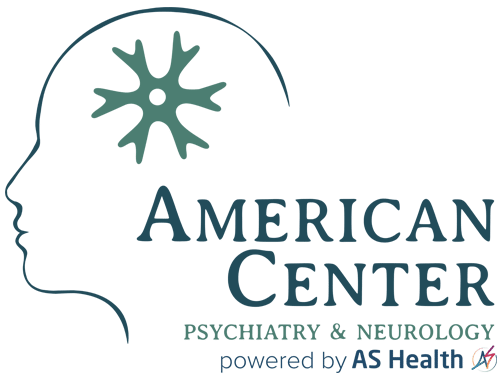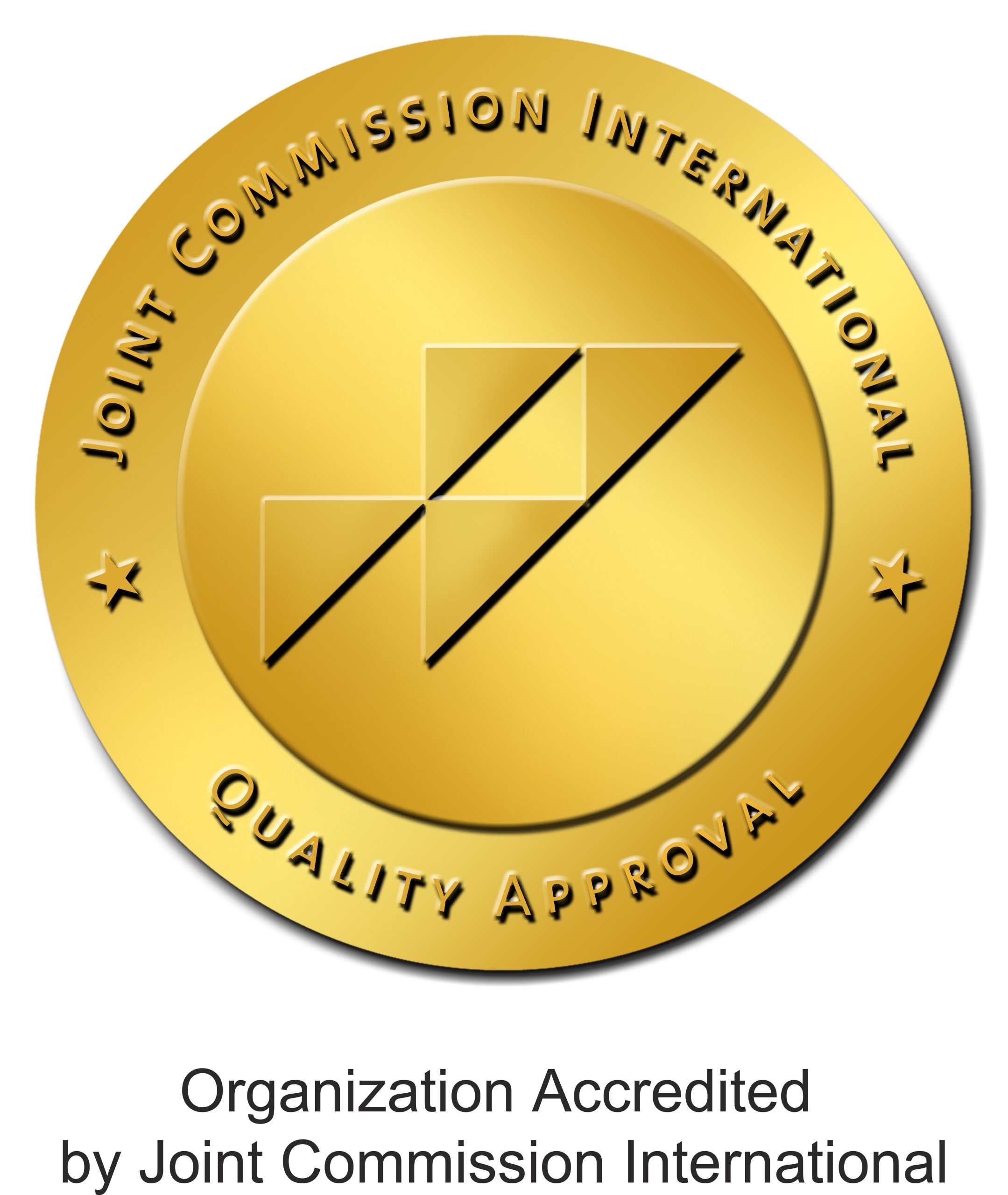What Are Sleep Studies?
Sleep studies allow doctors to measure how much and how well you sleep. They also help show whether you have sleep problems and how severe they are.
Sleep studies are important because untreated sleep disorders can increase your risk ofhigh blood pressure, heart attack, stroke, and other medical conditions. Sleep disorders also have been linked to an increased risk of injury due to falls and car accidents.
People usually aren’t aware of their breathing and movements while sleeping. They may never think to talk to their doctors about sleep- and health-related issues that may be linked to sleep problems.
Doctors can diagnose and treat sleep disorders. Talk with your doctor if you snore regularly or feel very tired while at work or school most days of the week.
You also may want to talk with your doctor if you often have trouble falling or staying asleep, or if you wake up too early and aren’t able to go back to sleep. These are common signs of a sleep disorder.
Doctors can diagnose some sleep disorders by asking questions about your sleep schedule and habits and by getting information from sleep partners or parents. To diagnose other sleep disorders, doctors also use the results from sleep studies and other medical tests.
Sleep studies can help doctors diagnose:
- Sleep-related breathing disorders (such as sleep apnea)
- Sleep-related seizure disorders
- Narcolepsy
You can find more information on sleep and sleep disorders in the National Heart, Lung, and Blood Institute’s “Your Guide to Healthy Sleep.”
Types of Sleep Studies
To diagnose sleep-related problems, doctors may use one or more of the following sleep studies:
- Polysomnogram (pol-e-SOM-no-gram), or PSG
- Multiple sleep latency test, or MSLT
- Maintenance of wakefulness test, or MWT
- Home-based portable monitor (PM)
What Is CPAP?
CPAP, or continuous positive airway pressure, is a treatment that uses mild air pressure to keep your airways open. CPAP typically is used for people who have breathing problems, such as sleep apnea.
CPAP also may be used to treat preterm infants whose lungs have not yet fully developed. For example, doctors may use CPAP to treat infants who have respiratory distress syndrome or bronchopulmonary dysplasia.
The main focus of this article is CPAP treatment for sleep apnea, although treatment in preterm infants is discussed briefly.
Overview
CPAP treatment is done using a CPAP machine. CPAP machines have three main parts:
- A mask or other device that fits over your nose or your nose and mouth. Straps keep the mask in place while you’re wearing it.
- A tube that connects the mask to the machine’s motor.
- A motor that blows air into the tube.
Some CPAP machines have other features as well, such as heated humidifiers. CPAP machines are small, lightweight, and fairly quiet. The noise that they make is soft and rhythmic.
CPAP is the most effective treatment for obstructive sleep apnea. Sleep apnea is a common disorder in which you have pauses in breathing or shallow breaths while you sleep. When this happens, not enough air reaches your lungs.
In obstructive sleep apnea, your airways collapse or are blocked during sleep. The blockage may cause shallow breathing or breathing pauses. When you try to breathe, any air that squeezes past the blockage can cause loud snoring. Your snoring may wake other people in the house.
The mild pressure from CPAP can prevent your airway from collapsing or becoming blocked.
Who Needs CPAP?
You may need CPAP if you have obstructive sleep apnea. CPAP is often the best treatment for adults who have this condition.
Children also can have obstructive sleep apnea. The most common treatment for children is surgery to remove the tonsils and adenoids. If symptoms don’t improve after surgery, or if the condition is severe, CPAP may be an option.
If you have sleep apnea symptoms, your doctor may recommend an overnight sleep study. A sleep study measures how much and how well you sleep. It also can show whether you have sleep problems and how severe they are. (For more information, see“What To Expect Before Using CPAP.”)
Your doctor will likely refer you to a sleep specialist for the sleep study. Sleep specialists are doctors who diagnose and treat people who have sleep problems.
A special type of CPAP device is used to treat breathing disorders that are similar to sleep apnea, such as chronic hypoventilation or central sleep apnea. In these conditions, the airways aren’t blocked. However, the brain may not send the signals needed for breathing to occur properly. This causes breaths that are too shallow or slow to meet your body’s needs.
In central sleep apnea, you may stop breathing for brief periods. This disorder can occur alone or with obstructive sleep apnea. Only a sleep study can find out what type of sleep apnea you have and how severe it is.
In addition to CPAP, there are other positive airway pressure devices. If you don’t feel that CPAP is working for you, talk to your sleep specialist about other possible options.
Besides treating sleep apnea and other similar disorders, CPAP also is used to treat preterm infants whose lungs haven’t yet fully developed. For example, doctors may use CPAP to treat infants who have respiratory distress syndrome or bronchopulmonary dysplasia.
Treatment with CPAP may improve a preterm infant’s chances of survival and reduce the need for other treatments and therapies.



